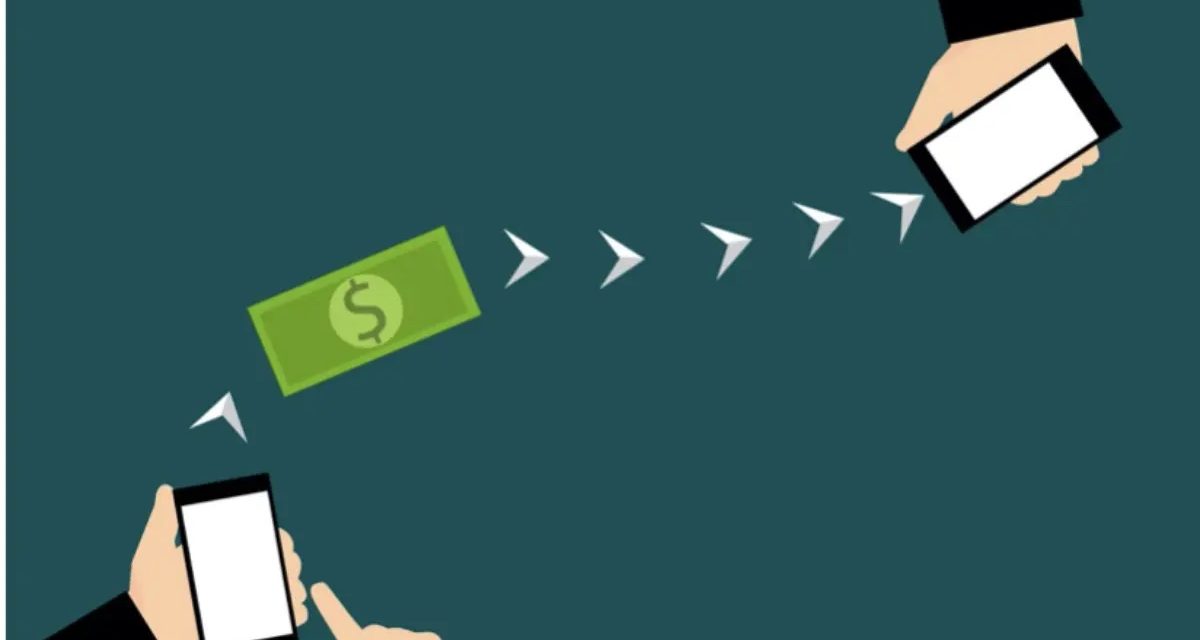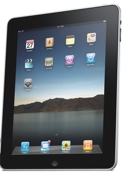Apple has offered to let rivals access its tap-and-go mobile payments systems used for mobile wallets, reports Reuters, quoting three unnamed people “people familiar with the matter.” The article adds that the move that could settle European Union (EU) antitrust charges and stave off a possible hefty fine.
Last year the EU accused Apple of breaking EU law by unfairly blocking groups such as PayPal and leading banks from accessing its Apple Pay payment system by the EU. The tech giant could face heavy penalties if the accusation proceeds.
The EU is a political and economic union of 28 member states that are located primarily in Europe. Its policies aim “to ensure the free movement of people, goods, services, and capital within the internal market, enact legislation in justice and home affairs, and maintain common policies on trade, agriculture, fisheries, and regional development.”
What is NFC?
NFC allows devices that are equipped with the technology to share data when they’re in very close proximity (around four inches). We’ve noted that NFC already comes as standard in some new smartphones. It can also be found in a wide range of other devices, including laptops and tablets. NFC chips are also common in contactless-enabled credit cards. Devices equipped with NFC chips can thus be used to exchange small amounts of data between one another.
The main difference between NFC and, for example, Bluetooth is that it doesn’t require device discovery or manual pairing to share information. NFC enables two-way communication between devices once they’re within that four-inch distance. That’s without the use of WiFi or 4G. NFC is an evolution of radio frequency identification (RFID) technology, which uses readers to decode data transmitted via radio waves.
Because NFC has such a limited radius, it offers a reliable degree of security. This has done much to assist its popularity with the general public, by reassuring consumers that they can make contactless payments safely. Above all, however, NFC has been a hit with consumers because of its simplicity. It allows them to make purchases without the hassle of carrying cash, and it’s also quicker and simpler than chip-and-PIN payment.
Article provided with permission from AppleWorld.Today



